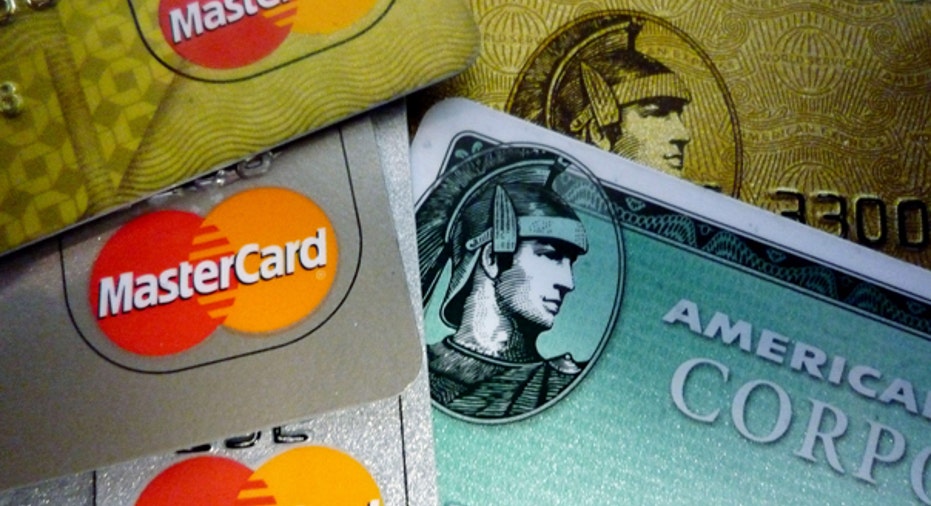Freak Cases of Identity Theft

As if we need any more reminders that we need to be careful about identity theft. That said, there have been a couple of interesting stories in the media lately highlighting just how it doesn't always matter that we're careful about protecting our identity. Through no fault of our own, some other person or company can easily mess it up for us. So be careful out there.
Who knew? Even banks make mistakes
(OK, maybe that isn't news…)
The Minneapolis Star-Tribune reports that resident Cindy Sullivan received a credit card from U.S. Bank. The problem and why this made news? It was addressed to the person who used to live at her address -- eight years ago.
If Sullivan was of the criminal element, she could have had quite a party, buying whatever she wanted with her new Minnesota Twins Rewards MasterCard and ruining the former occupant's credit.
Of course, she almost certainly would have been discovered and then thrown into jail, so it's really best for everyone that she returned the credit card to U.S. Bank.
But U.S. Bank then sent the credit card back to her, and it was apparently then that Sullivan got the Star-Tribune involved, and U.S. Bank wound up with egg on its metaphorical face.
The lesson for all of us: Before you move, make absolutely sure that your credit card company knows you've moved. That could be tricky or easy to forget if, say, this is a credit card you rarely use. But if you have a credit card, you need to alert your issuer. You may not get lucky and have your replacement card, or a new card, sent to someone as ethical as Cindy Sullivan.
Even a university organization?
Now, that somehow seems like a surprise, but, yes, a boneheaded error was made by someone at the University System of Maryland, which is kind of what it sounds like: a public corporation and charter school organization that comprises 12 Maryland universities and colleges.
But no worries, folks. That is, unless you've recently applied to attend a college in Maryland. Then, sure, worry away. (But not too much; read on.)
Maryland's General Assembly's Office of Legislative Audits found that the University System of Maryland had been storing information, including Social Security numbers and credit card numbers, of about 8,000 prospective students on a server that members of the public, had they know about this server, could access.
Apparently, as far as university officials know, the information wasn't compromised. What I find amusing is that the Maryland Community News, which did a story on the security snafu, noted that colleges and universities typically store information on prospective students even if they don't go to the school. "The data may prove useful," Maryland Community News scribe Andrew Ujifusa wrote, "if, for example, a prospective student files a lawsuit against the school."
And making one's credit card information easily accessible to thieves is, indeed, a great way to invite lawsuits.
The lesson for all us: That sometimes no matter what we do to protect ourselves, it won't matter. If it weren't for a human error, we'd act like the insurance company and would call this an act of God.
Kindle in the wrong hands
The Consumerist has an interesting story from a reader named Brandon who bought a Kindle, an electronic book reader, from Amazon.com.
Brandon's problem was that his Kindle gift was somehow mailed to the wrong person. He was sent a replacement Kindle, but wherever the first one went, the person who received it now had a Kindle that was preloaded with Brandon's email, address and credit card information. And this person eventually realized what a gold mine he or she had and started buying things on it, including entire television seasons.
To Amazon's credit, they seemed to have fixed the problem pretty quickly once Brandon explained it to them, refunding the purchases and making it so the user of the first Kindle couldn't buy anything else.
The lesson for all of us: We live in a digital age. We aren't just ordering from Fruit-of-the-Month clubs any longer. If you order a book reader or anything digital that might have your credit card information on it, be aware of the potential for that information to fall into the wrong hands.
The original article can be found at CardRatings.com:Freak cases of identity theft



















